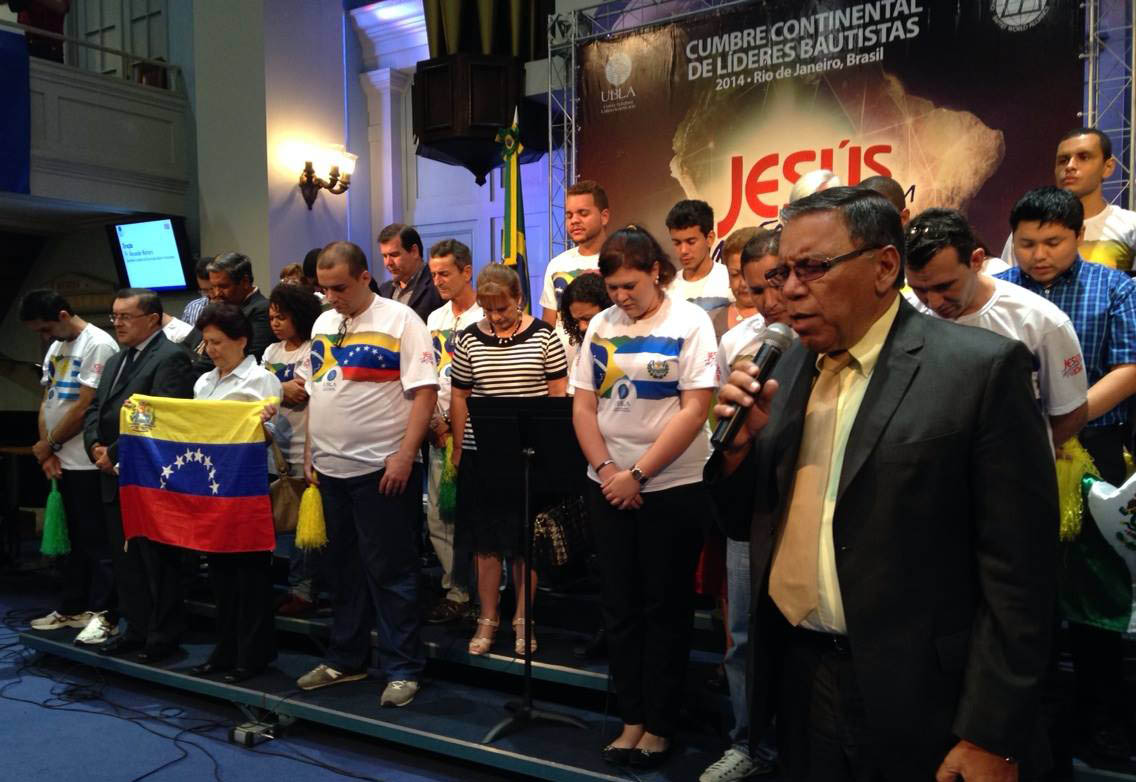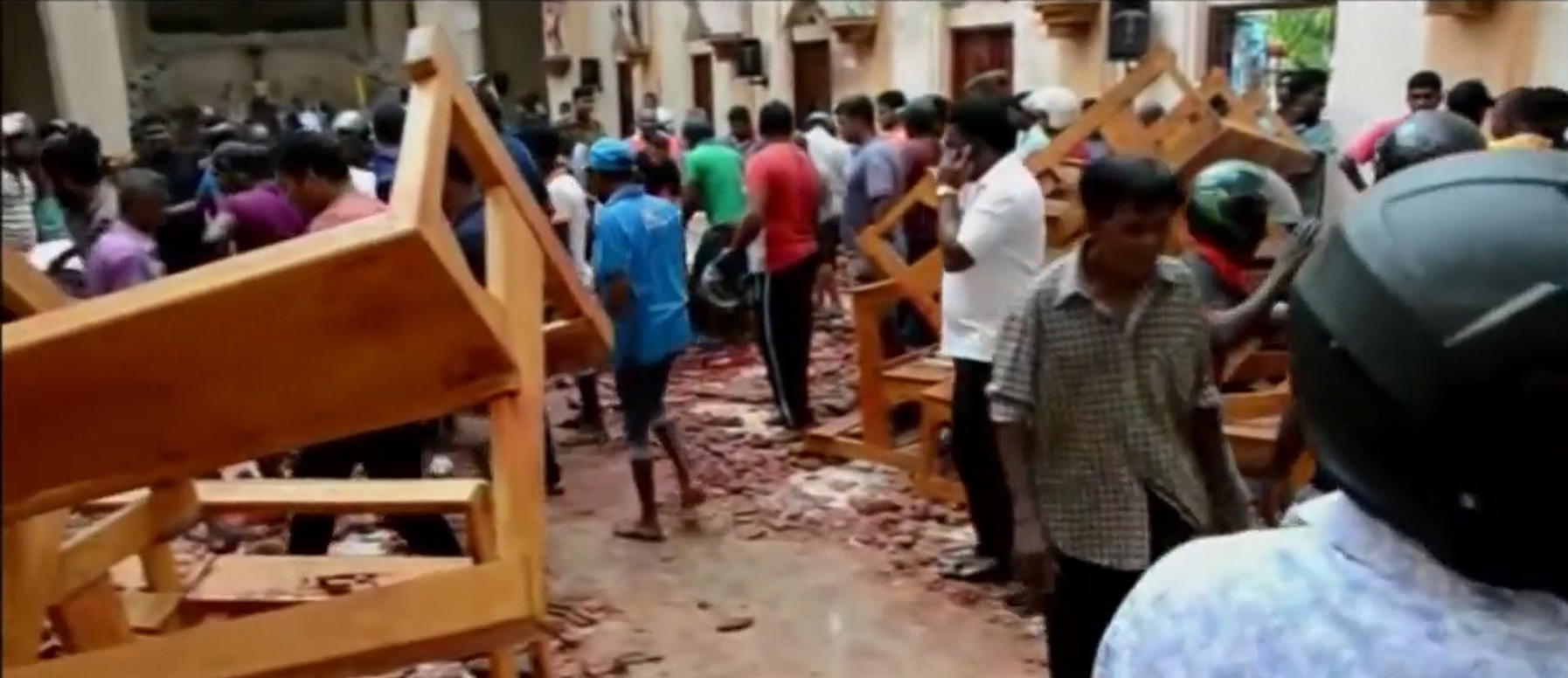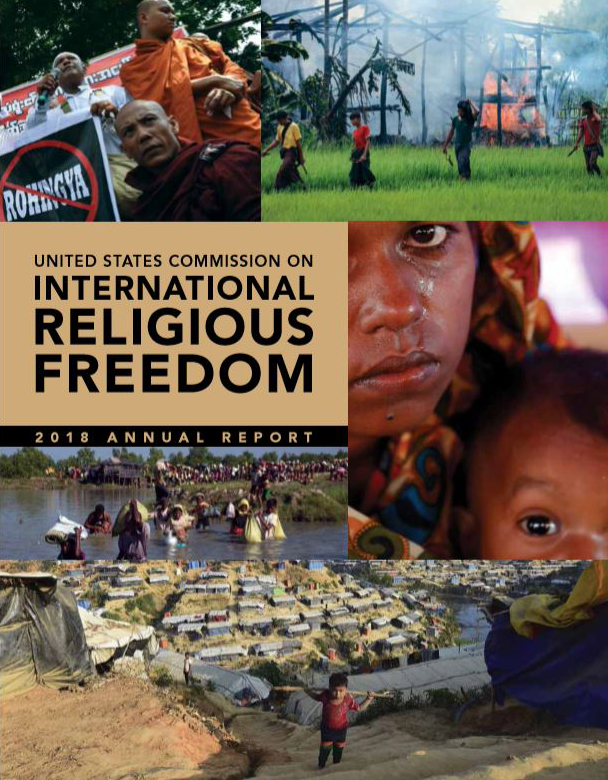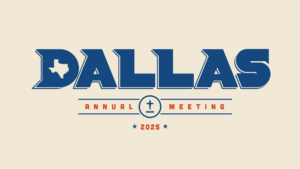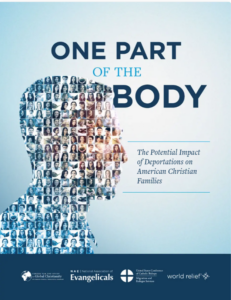
EDITOR’S NOTE: 2nd VIEW is a key Baptist Press story that has been posted within the past several days. For a listing of additional key stories in Baptist Press in recent days, always take a look at the daily RECENT NEWS listing.
Originally posted May 19, 2014
CARACAS, Venezuela (BP) — In recent years, IMB missionaries in Venezuela have struggled to spread the Gospel amid ever-increasing difficulties. In the capital of Caracas, rampant poverty, random violence and food shortages are a part of everyday life, and simply walking down the wrong street at the wrong time can be a fatal mistake.
Despite political unrest, escalating violence and economic disparity in Venezuela over the past few months, IMB missionaries and Venezuelan believers are working to spread the love of Christ in an increasingly dangerous place.
Matthew and Monica Starr*, IMB missionaries in Caracas, said conditions since February have gone from bad to worse. The situation is “extremely volatile,” Monica said.
Anti-government demonstrators have staged ongoing street protests and erected barriers blocking traffic. The Venezuelan National Guard has counterattacked with tear gas, rubber bullets and alleged human rights abuses, according to news reports. About 3,000 protesters have been arrested, and 200 of those are still in jail. In addition, members of colectivos — motorized gangs supporting the government — allegedly have threatened, assaulted and even killed some demonstrators, news reports said.
Meanwhile, in violence attributed to both sides of the conflict, at least 42 people have died and about 800 have been injured during more than three months of turmoil across Venezuela, according to news reports.
The unrest began in February when a group of frustrated students spoke out against the nation’s rising inflation, food shortages and ever-increasing crime. But what started as a student demonstration quickly became a violent uprising, when Venezuelan authorities reportedly shot three anti-government protestors during a peaceful protest in Caracas.
By mid-May, the violence had garnered worldwide attention as it played out on a global stage. One ABC report detailed a scene of “broken bones, denial of medical treatment and threats of rape or death” by the government against thousands of protestors. At least 10 of the 42 reported deaths have been classified as torture by the Human Rights Watch, the article stated.
No one thought the problems would last as long as they have, Matthew said.
“One of the things a lot of folks thought with the protests [was] it’s a flare up, and pretty soon everybody will go back to their normal lives,” he said.
For some International Mission Board missionaries, including the Starrs, the protests and violent outbursts have limited their normal mission activities. Police barricades and checkpoints often make it difficult for them to leave their neighborhood — and nearly impossible for Matthew to get to training events he leads for Venezuelan believers.
Other missionaries who live in Caracas but work outside the city have been unable to travel for weeks, Matthew added.
But in some ways, being homebound has opened doors and created relationship opportunities that weren’t there before, the Starrs said. Forced to stay closed up in their apartment buildings and unable to go about life as usual, missionaries have been able to spend more time with their neighbors, and have found avenues to share the Gospel.
“We’ve always had a great many people in our home; we’ve had even more so [since the unrest began in February],” Monica said.
“We’ve had people that, from the minute they got to the door and I opened it and hugged them, have cried from that moment until they leave two or three hours later.
“There are people going through horrible, life-changing circumstances where their lives will never be the same again, so a lot of our ministering is just right there in the home — having people in, getting people to eat who haven’t eaten for days because they’re so stressed, saying ‘you’re safe here, lie down and take a nap, we’ll watch the kids.'”
While close quarters bring missionaries closer to the lost, it also brings believers closer to God, Matthew added.
“One of the things that’s happening I think that’s very positive is it’s driving our churches to a much deeper level of prayer — prayer for Venezuela, prayer for families that are going through very tough situations,” he said. “It’s allowing people to have more time with non-Christians to pray for them and with them and just show them about relating to the Lord.”
Matthew spoke with one pastor who, several hours before a planned march, prayerwalks with other church members throughout areas used for protests. The church members continue to pray as protesters arrive and stay to pray with those who want to join them.
Another Baptist pastor goes to the Venezuelan National Guard headquarters and prays with soldiers, Matthew said.
“The churches are trying to find ways in which they can minister to people on both sides,” he said.
But even as national believers work to reach those in their own backyards, Venezuela’s continuing political problems aren’t just affecting the churches at home.
Juan Moreno*, pastor of a Venezuelan Baptist church, said the uprisings are the culmination of the nation’s long history with political frustration and economic decline.
A continual decline in funds and personal prosperity has resulted in many Venezuelan churches being unable to support their own overseas missionaries, he said.
“There is a Venezuelan expression that says, ‘no one knows what they have until they don’t have it any more,'” Moreno explained. “We have now lost this opportunity to support missionaries outside of Venezuela while we have more people with the desire to go into missions, but we don’t have what it takes to sustain them.”
“We need to organize ourselves, and the National Baptist Convention of Venezuela is working on this to be able to help in these other areas,” he continued. “Some big churches could have done something in the past, now aren’t doing anything. There could be a big church working with a small church to do something to be able to do more.”
On top of increased risks of violence, the unrest has also ramped up problems like food shortages and a lack of basic supplies for daily life. While shortages of things like milk and coffee are not uncommon in Venezuela, people wait hours in grocery store lines for items that won’t really meet their needs.
“We’re talking places where the lines wrap around the block where people will be waiting four hours in order to get their four rolls of toilet paper they’re allowed to take, or their one box of milk that they can take home to their family of five,” Monica said.
For many, the protests simply added more fuel to a fire of violence and crime that has been burning for the better part of two decades, Monica said. Whereas daily life in Venezuela was already difficult at best, the rise in anti-socialist ideals has now given angered Venezuelans a purpose. It also has made the government supporters ready to defend their hold on power.
“You can get shot dead just going to class or going to get groceries for no reason other than somebody wanting your cell phone or your hand bag,” Monica said.
“I think people are realizing, ‘if I’m going to be losing my life anyway, I want to lose it for a cause and something that can make a change in my country and perhaps provide a better country for my children and my grandchildren.'”
In the midst of ongoing unrest, peace talks began in mid-April between Venezuelan President Nicolas Maduro and opposition leaders. But on May 13 the opposition suspended talks, claiming they were going nowhere and criticizing the government for cracking down on protesters, news reports said.
According to one BBC report, students gathered in camps in Caracas had become raiding spots for the Venezuelan National Guard. One such raid in early May led to the shooting death of a soldier and the arrest of 243 protesters, whom the government labeled “fascist protesters.”
But peering through the thick, smoky haze of a nation smoldering with rage and violence is the hope that God will work through missionaries and Venezuelan Baptists to reach the lost during a time of terror and tragedy.
“The Venezuelan Baptist Church isn’t going to fall,” pastor Moreno said. “It’s going to be strengthened and [it will] grow. In fact, in spite of the crisis, the National Baptist Convention of Venezuela is not apathetic or falling. It is a convention that’s learning to be more dynamic. There are regions that are doing far more than we might have expected … than we might have dreamed.”
IMB missionaries like the Starrs share the same hope that God will work through Venezuelan believers to reach the lost throughout their own country and the world.
“One thing that encourages me is that in no other time in history has so much praying been done for Venezuela,” Matthew said. “God’s going to be doing something I think will be amazing.”
–30–
*Name changed. Emily Pearson served as an IMB writer in the Americas. Thiago Molina, an IMB journalist in the Americas, contributed to this story. Get Baptist Press headlines and breaking news on Twitter (@BaptistPress), Facebook (Facebook.com/BaptistPress) and in your email (baptistpress.com/SubscribeBP.asp).
